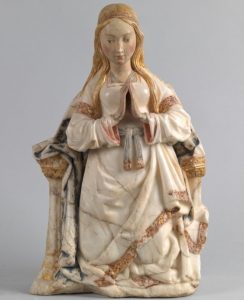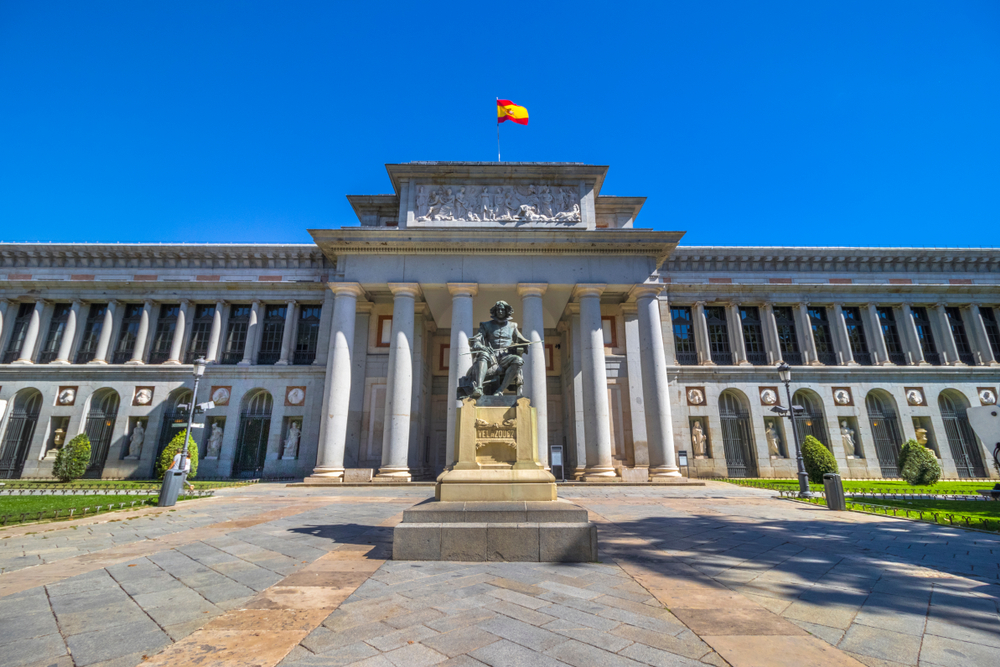MADRID: Restorers working on what they believe is a fifteenth century sculpture discover it is a more modern piece. The medieval sculpture turns out to be from the twentieth century.
Long considered a fifteenth century piece, the sculpture ‘Virgen orante entronizada’ (the praying and enthroned virgin) is, in fact, a twentieth-century work. The National Council of Museums purchased the artwork in 1971. The sculpture is of polychrome alabaster; carved from transparent marble, colourfully painted and partially gilded. The council catalogued it as a medieval sculpture belonging to the Spanish School of the fifteenth century. In 1974, the artwork moved to the Museo Nacional del Prado. The museum exhibited it in 1999 and 2003. In October 2017, the museum decided to carry out extensive cleaning and restoration work on the piece.
The eye of the experts

500 years difference
As the cleaning work progressed, indications this was not a work from the fifteenth century became increasingly clear. Therefore, the material laboratory of the Prado Museum took micro-samples of the polychromy and studied them thoroughly. The results of the intensive technical study confirmed the suspicions. The date of the sculpture was out by 500 years.
Conference
The result of this research was to be revealed at the conference ‘Alabaster as a material for sculpture in the Middle Ages and Renaissance’. Originally planned by the Louvre Museum for 24 and 25 June, it will now take place next year due to the pandemic.


